- Sunday, 1 June 2025
Can Europe Regain Iran Diplomacy ?
The unfolding United States-Iran talks present a critical juncture, yet the European Union finds itself in a disconcerting state of diplomatic inertia, its once dynamic engagement reduced to that of an observer. This passivity should galvanise Social Democrats, whose political lineage is deeply intertwined with the EU’s history of proactive diplomacy with Iran. Figures such as Catherine Ashton, who skilfully navigated the P5+1 negotiations, Federica Mogherini, the architect of the landmark 2015 nuclear deal, and Hannes Swoboda, whose groundbreaking 2013 visit to Tehran championed dialogue over isolation, all embody this legacy.
Today, however, this progressive heritage is jeopardised by inaction. Social Democrats no longer hold the reins of EU policy on Iran. The current EU High Representative for Foreign Policy, Kaja Kallas, a liberal and former Prime Minister of Estonia, echoes the hawkish rhetoric emanating from Israel, a stance that has never officially aligned with the EU’s own. Simultaneously, the head of the European Parliament’s Iran Delegation, a German Green politician, appears to be using her position primarily to advocate for regime change within Iran.
Perils of inaction
A renewed opportunity, however, is within reach. Europe must galvanise itself to reclaim its diplomatic voice, and Social Democrats are uniquely positioned to seize this moment. They must act decisively to ensure the EU actively shapes its future engagement with Iran, rather than passively accepting its trajectory. The perils of inaction are significant. Should the US-Iran talks lead to a revitalised Joint Comprehensive Plan of Action (JCPOA), American companies, unencumbered by the EU’s cautious approach to sanctions, could well dominate Iran’s burgeoning markets, spanning sectors from oil to technology. This would inevitably marginalise European players such as Repsol and Airbus, with European jobs and economic growth bearing the cost.
Conversely, a collapse of the talks could trigger escalating regional tensions, potentially leading to a nuclear-armed Iran or even outright conflict. The repercussions of such a scenario – energy crises, refugee flows, and heightened security threats at Europe’s borders – would disproportionately impact the EU. The current lack of a clear European vision risks rendering the bloc strategically irrelevant. Even more concerning is the prospect of the EU being reduced to a mere spoiler. Its primary leverage would then become the threat of triggering a snapback of United Nations Security Council sanctions – a negative instrument that would likely alienate Iran without furthering Europe’s strategic objectives.
The absence of a robust, progressive push for engagement squanders the diplomatic capital painstakingly built by Social Democrats over decades, leaving the EU vulnerable to being outmanoeuvred by the United States or caught in the crossfire of a failed diplomatic process. Pedro Sánchez, Spain’s Prime Minister and the sole Social Democratic leader of a major European power, is exceptionally well-placed to inject new momentum into EU diplomacy. Sánchez has occasionally demonstrated a pragmatic streak that resonates with the current exigencies. His pointed criticism of Israel’s actions in Gaza and his openness to trade with China signal a realist approach to navigating complex global rivalries.
Furthermore, his scepticism towards calls for a rapid “rearmament of Europe” and his coalition government with anti-war partners like Sumar (and Podemos in the parliament) suggest a preference for dialogue over confrontation. These inclinations position Sánchez as a natural leader for a pragmatic EU pivot on Iran – one that prioritises Europe’s strategic interests while remaining true to progressive values. What might such a revitalised approach entail? Firstly, Sánchez could advocate for a dedicated discussion on Iran within the European Council. To date, the Iran file has been largely the domain of the E3 (Germany, France, and the United Kingdom).
However, these nations tend to adopt a more hawkish stance than the EU average, despite the fact that the consequences of their hawkishness, such as triggering UN Security Council sanctions, would be borne by the entire bloc. Kaja Kallas is unsuited to spearhead a new EU approach to Iran. Instead, the Council should appoint a dedicated special envoy, or alternatively, expand the remit of the current Special Envoy for the Gulf, Luigi di Maio, to include Iran, given the geographical proximity.
Secondly, the EU should initiate a parallel diplomatic track, broadening its engagement with Iran beyond the nuclear issue. This could involve trade negotiations aimed at securing market access for European companies, climate partnerships focused on sustainability in the Persian Gulf region, or regional security dialogues designed to de-escalate tensions. Countries such as Spain, Italy, Austria, and Ireland possess a history of greater credibility on these matters compared to Germany or France and should be fully involved in this expanded dialogue.
Thirdly, with reports suggesting that US President Trump is considering lifting primary US sanctions on Iran in exchange for a halt to its nuclear programme, the EU should proactively leverage its own economic influence. Assuming that US secondary sanctions would remain in place even if a deal were reached between Washington and Tehran (potentially to limit European competition in the Iranian market), the EU should establish mechanisms to circumvent these secondary sanctions. A revival of INSTEX, which never truly gained traction due to a lack of political will in Europe and the naive assumption that Trump’s first term was a temporary anomaly, should be considered.
Hubris-filled hawkishness
Now that Trump has demonstrated a disregard for his theoretical European allies, it is high time for Europe to assert its strategic autonomy. Indeed, many voices called for precisely this in 2018 when Trump initially withdrew from the JCPOA, only to be ignored in Brussels and various European capitals. Even now, the EU retains a degree of capital in Tehran that the United States lacks – 22 out of the 27 member states maintain diplomatic representations on the ground. Why this valuable asset should be squandered by what appears to be a hubris-filled hawkishness from figures like Von der Leyen and Kallas?
Fourthly, fostering cultural, student, and scientific exchanges should be a priority. Social Democrats have historically recognised the importance of people-to-people diplomacy, as exemplified by Hannes Swoboda’s visit to Tehran in 2013. Building upon this foundation is not idealistic naivety, but rather a strategic investment in future understanding and cooperation.
(Mamedov has worked as a Latvian diplomat in Madrid and Washington DC.)



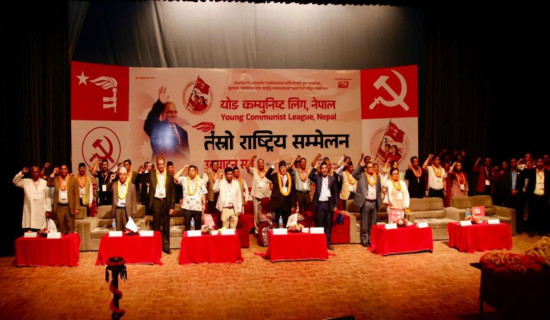
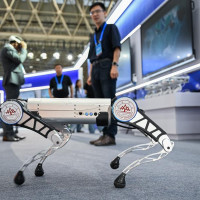
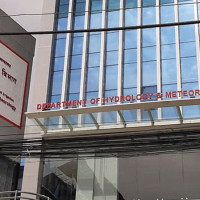
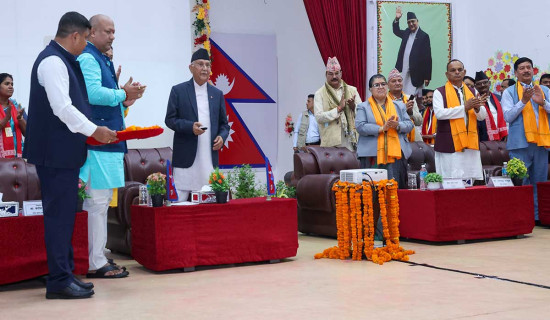
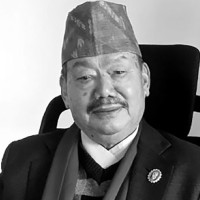
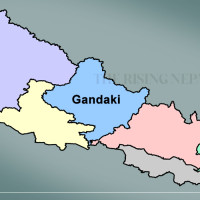
-original-thumb.jpg)







